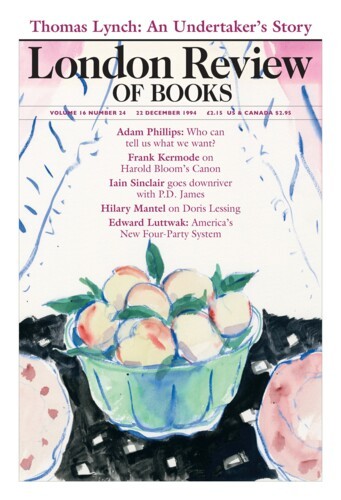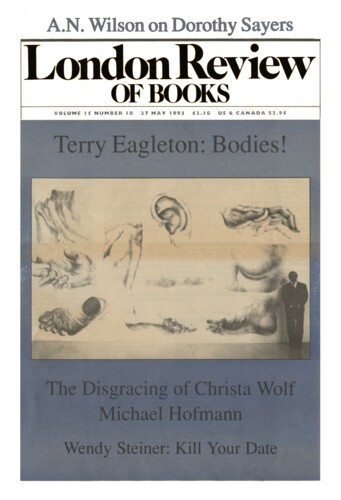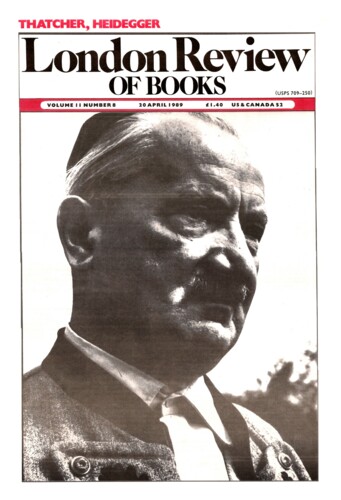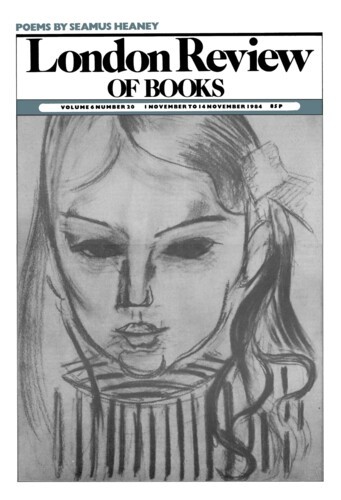‘The only woman I have ever known who is a real orator, who has the gift of public persuasion’, Beatrice Webb noted when she met Annie Besant. ‘But to see her speak made me shudder. It is not womanly to thrust yourself before the world.’ Extraordinary ‘self-assurance’ was the quality picked out by Gladstone, when, as prime minister, he took time off to review Besant’s autobiography in 1893. He attributed it to the lack of a sense of sin, which enabled her to change direction without a qualm. For W.T. Stead, the crusading journalist and once her hoped-for companion in ‘a political and spiritual marriage’, she was a profound religious leader and, together with Catherine Booth and Josephine Butler, one of the three remarkable women of the century. But for another of her political companions of the 1880s, George Bernard Shaw, she was above all an actress. ‘She was successively a Puseyite Evangelical and Atheist Bible smasher, a Darwinian secularist, a Fabian socialist, a strike leader, and finally a Theosophist exactly as Mrs Siddons was a Lady Macbeth, Lady Randolph, Beatrice, Rosamund and Volumnia.’ Off-stage, her behaviour was often hard to bear. ‘Tyrannical’, ‘headstrong’, ‘proud’, ‘humourless’, ‘egotistic’ were only some of the epithets; and in the memoirs of those assigned unglamorous bit-parts in her day-to-day life, the tension remained palpable many years afterwards. According to Charles Bradlaugh’s daughter, Hypatia, ‘she was the most tactless person I ever knew.’ But even for those who disliked her methods, denied her inspiration and opposed her opinions, there was something about her which compelled admiration. To Nehru, who had known her when he was a child, she was ‘the most magnificent lady’ he ever met.
‘The only woman I have ever known who is a real orator, who has the gift of public persuasion’, Beatrice Webb noted when she met Annie Besant. ‘But to see her speak made me...




